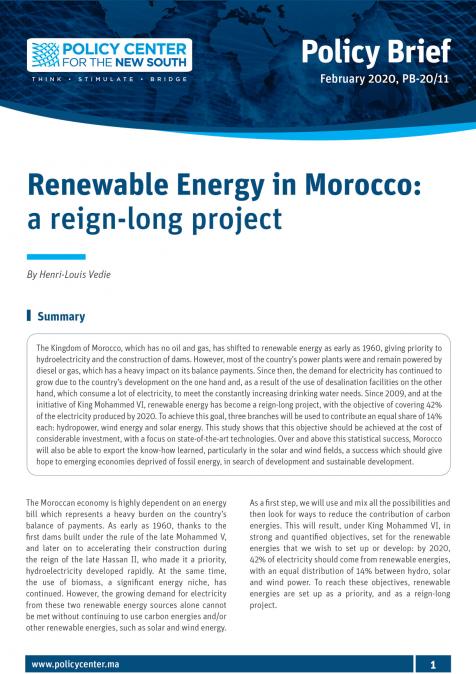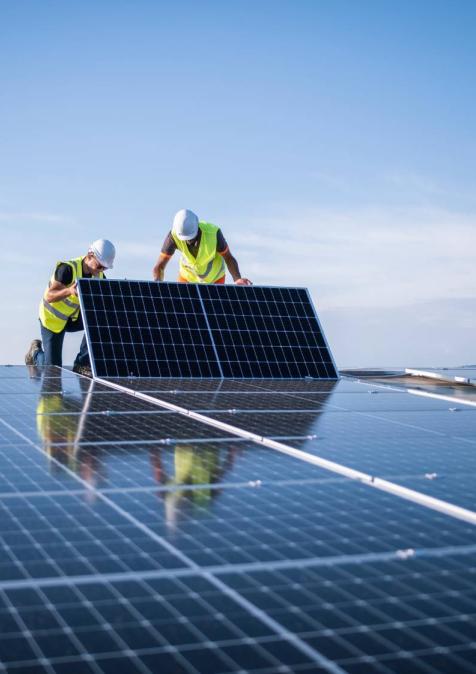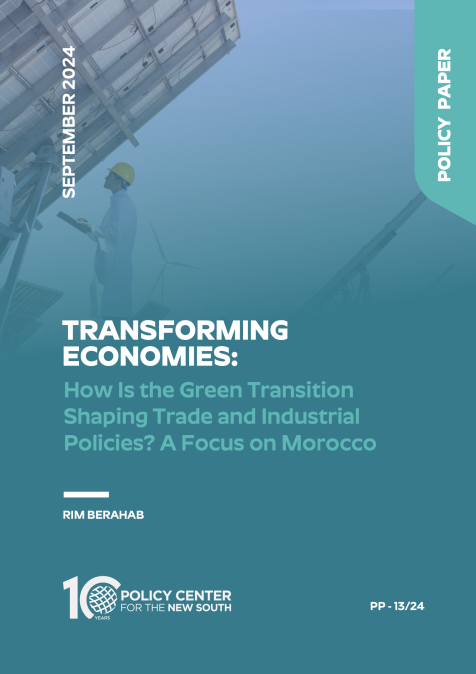Publications /
Policy Brief
The Kingdom of Morocco, which has no oil and gas, has shifted to renewable energy as early as 1960, giving priority to hydroelectricity and the construction of dams. However, most of the country’s power plants were and remain powered by diesel or gas, which has a heavy impact on its balance payments. Since then, the demand for electricity has continued to grow due to the country’s development on the one hand and, as a result of the use of desalination facilities on the other hand, which consume a lot of electricity, to meet the constantly increasing drinking water needs. Since 2009, and at the initiative of King Mohammed VI, renewable energy has become a reign-long project, with the objective of covering 42% of the electricity produced by 2020. To achieve this goal, three branches will be used to contribute an equal share of 14% each: hydropower, wind energy and solar energy. This study shows that this objective should be achieved at the cost of considerable investment, with a focus on state-of-the-art technologies. Over and above this statistical success, Morocco will also be able to export the know-how learned, particularly in the solar and wind fields, a success which should give hope to emerging economies deprived of fossil energy, in search of development and sustainable development.







